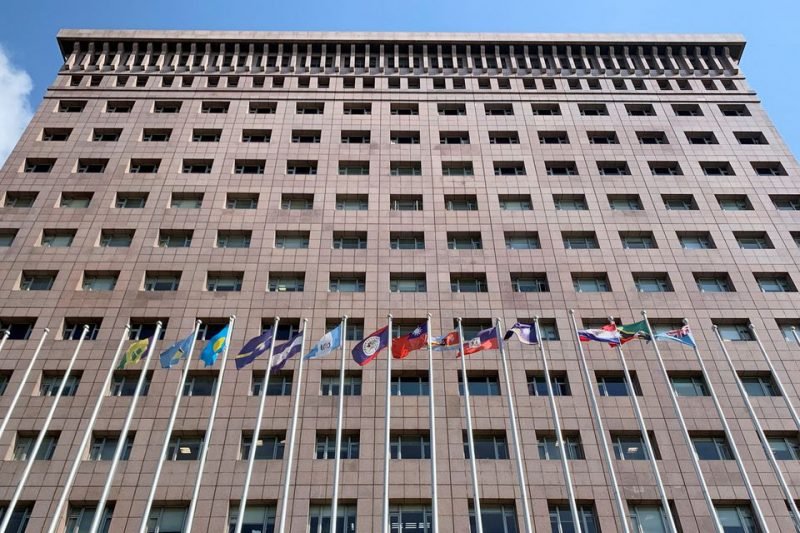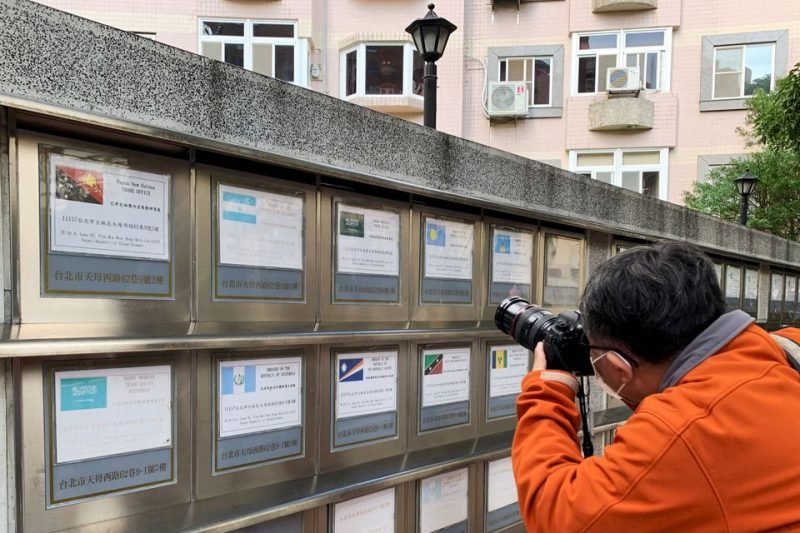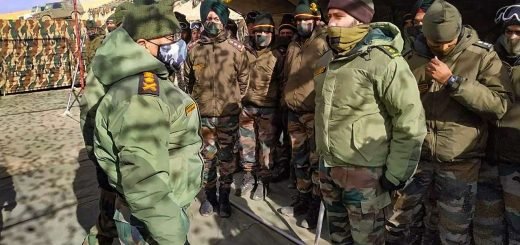China, Nicaragua re-establish ties in blow to U.S., Taiwan

China and Nicaragua re-established diplomatic ties on Friday after the country broke relations with Chinese-claimed Taiwan, boosting Beijing in a part of the world long considered the United States’ backyard and angering Washington.
China has increased military and political pressure on Taiwan to accept its sovereignty claims, drawing anger from the democratically ruled island, which has repeatedly said it would not be bullied and has the right to international participation.
China’s Foreign Ministry, announcing the decision after meetings with Nicaragua’s finance minister and two of President Daniel Ortega’s sons in the northern Chinese city of Tianjin, said the country had made the “correct choice”.
The break with Taiwan shrinks the island’s dwindling pool of international allies and is a blow to the United States.
It follows months of worsening ties between Ortega and Washington, and came on the day the U.S. State Department said it had applied sanctions to Nestor Moncada Lau, a national security adviser to Ortega, alleging he operates an import and customs fraud scheme to enrich members of Ortega’s government.
The U.S. State Department said Nicaragua’s decision did not reflect the will of the Nicaraguan people because its government was not freely elected.
“We do know, however, that this deprives Nicaragua’s people of a steadfast partner in its democratic and economic growth,” spokesperson Ned Price said in a statement. “We encourage all countries that value democratic institutions, transparency, the rule of law, and promoting economic prosperity for their citizens to expand engagement with Taiwan.”
Chinese Foreign Minister Wang Yi said Taiwan’s allies – now only 14 countries – have stayed with Taipei only because of pressure from the United States and Taiwan’s “dollar diplomacy”, accusations Taipei denies.
Nicaragua’s congress in 2019 accepted a $100 million loan from Taiwan, but Taiwan’s Foreign Ministry said on Friday that money, designed for economic reconstruction, has never been paid because of “procedural issues with allocation requirements” by the bank, which it did not name.

March towards the world
Taiwan’s government said it was unbowed by Nicaragua’s decision.
Taiwan President Tsai Ing-wen said they would not bend to pressure or change their determination to uphold democracy and freedom and “march towards the world”.
“The more successful Taiwan’s democracy is, the stronger the international support, and the greater the pressure from the authoritarian camp,” she said in Taipei.
A senior Taiwan official familiar with the matter told Reuters the timing was “provocative”, coming during the Biden administration’s Summit for Democracy, which Taiwan is attending, and a week before four referendums on the island, though they are on domestic issues like energy and pork imports.
At the now-defunct Nicaraguan embassy in Taipei, in a building in the leafy suburb of Tianmu, staff said the former ambassador was not in. Nicaragua’s flag outside had been removed by the time a Reuters reporter arrived mid-morning.
Ortega first cut ties with Taiwan in 1985, but they were re-established with the island in 1990 under then-Nicaraguan President Violeta Barrios de Chamorro.
One Taiwan-based diplomatic source, familiar with the region, said the move was not a surprise given Washington’s lack of leverage with Ortega due to the sanctions, and that looking to China for aid and support was a natural course of action.
“It appears that Ortega had had enough,” the source told Reuters, speaking on condition of anonymity.
Attention will now turn to another Taiwan friend, Honduras.
Aides for the incoming president Xiomara Castro have said she would not establish ties with China, backtracking from Castro’s earlier comments that she was open to starting formal relations with Beijing.
A second Taiwan-based diplomatic source told Reuters it was still a case of “watch this space” whether Honduras would ultimately go with Beijing.
China says Taiwan is one of its provinces with no right to the trappings of a state.
Reporting by Yew Lun Tian, and Ben Blanchard, Yimou Lee and Sarah Wu; Additional reporting by Josh Horwitz in Shanghai; additional reporting by the Mexico City newsroom; Editing by Christopher Cushing and Gerry Doyle


















